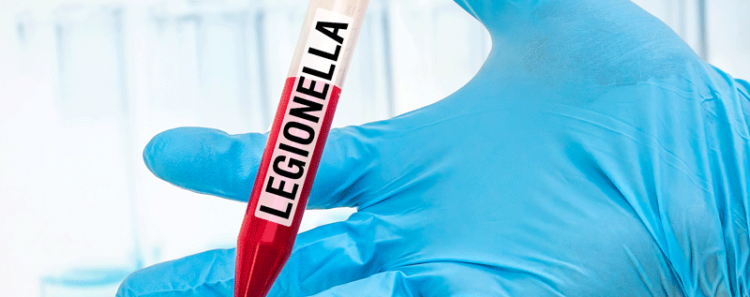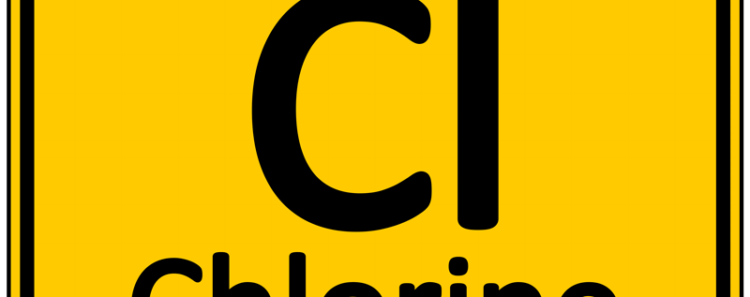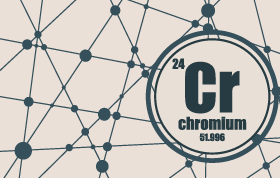Global public health organization NSF International and ASHRAE have signed a memorandum of understanding (MOU) dedicated to protecting public health by establishing safe management practices(more…)

Blogs
Door-to-door scams in Fresno, CA
The Water Quality Association (WQA) is calling attention to individuals claiming to be from WQA distributing door hangers in the Fresno area, claiming that local water is contaminated and implying that mandatory water tests are required.
Dealing with Chlorine and Chloramine
There are numerous carbon-based options available to protect your client and their family from chlorine tastes and odors, pesticides, herbicides, emerging contaminants, and various disinfection byproducts. As a water treatment professional, your primary responsibility is to provide your clients with the very best water at an affordable price in an environmentally responsible manner.
The scope of this article is specific to chlorine/chloramine tastes and odors, so if you’re planning on addressing lead, pesticides, herbicides, or pharmaceutical byproducts consult with your equipment manufacturer before making claims on what your carbon filter can actually do. Not all carbons work the same, especially with complex organics and varying influent water chemistries.
California strikes down Chrome VI (Cr6) regulation
Office of Environmental Health Hazard Assessment (OEHHA) is expected to complete sometime this year its 5-year review of the Public Health Goal for Cr6. The PHG is currently set at 0.02 ppb. That review was initiated late in 2016, with an abundance of new scientific research about health effects of Cr6. The most recent publicized activity on this was OEHHA’s extension of the comment period for this review until December 13, 2016.
Nearly a third of Americans have had some sort of water problem in the last year
J.D. Power released the 2017 Water Utility Residential Customer Satisfaction Study, which reports that nearly one-third (32%) of residential customers reported some type of water(more…)
Potassium Permanganate in City Water – is it safe?
Potassium permanganate (KMNo4) is a powerful oxidizer. Municipalities and private users are able to use it effectively as part of a comprehensive water quality improvement process. Sometimes, things don’t work out as expected…



